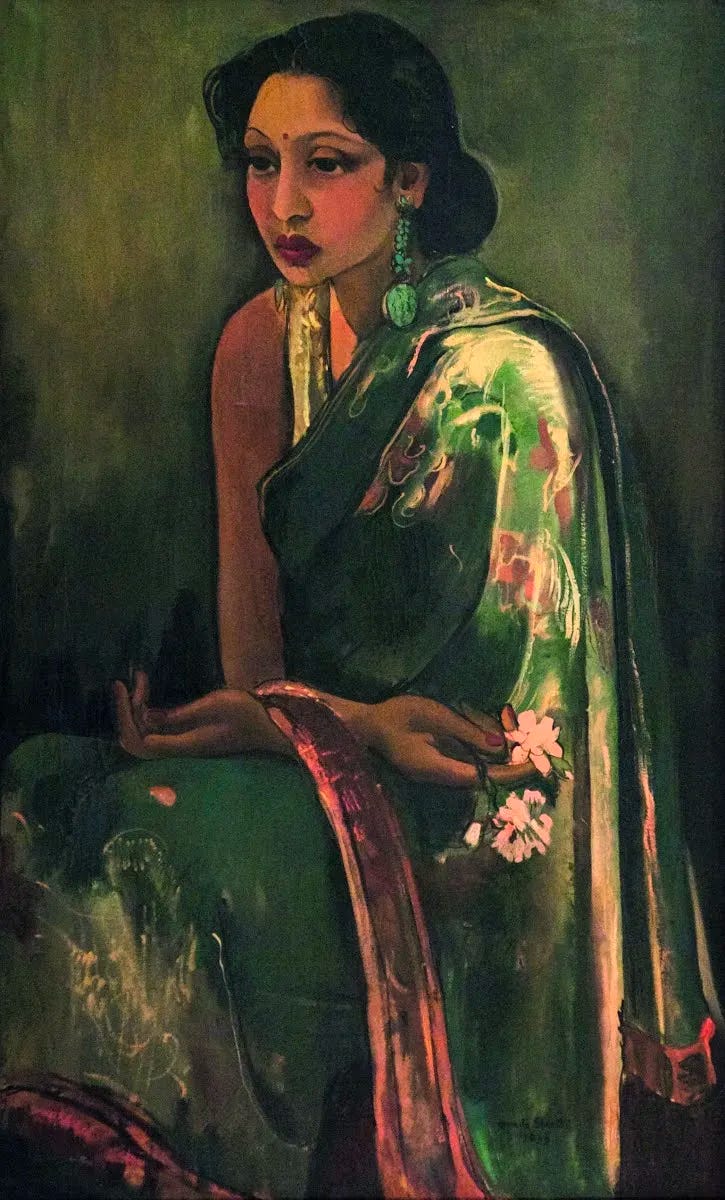Mausoleum of Memories
Fiction Issue #3: Flash Fiction

Muffled voices surrounded me, the smell of coffee permeated the air, a distant song from a distant memory played in a distant speaker somewhere, people populated the place, the place just a sunset away from shuttering for the day. And there I sat, in the middle of it all, frozen, lost, in time and in thought, as I watched lips—moving and still, dry and glossed—of women and men sat across different tables. I was lost in the past, memory after memory taking over me. I could see them all like a film projected on a theater screen.
Despite all the life it contained, the town was frozen in time for me. The apartment next to the church where I was first broken, the bookshop patio where I had put my pieces together, the park next to the sandwich shop where I broke someone else, they all reminded me of a time better than today. A past I had lived already. Days bygone. Time had done its thing, its unwavering duty. How could it do that to me? I felt cheated, almost as if the attack was personal, a vendetta against me.
Because I now saw the wrinkles on my face in the morning mirror. Because I now felt the pain in my back and the weirdness in my legs. Because I now felt the resentment, the anger, the loneliness. I cursed time. I cursed the sun and the night. I cursed them all for being what they were, for doing the only thing they were meant to do—the sun for burning bright, the night for the solace it brought, the time for simply passing.
And it passed, and it chipped away at my parts, parts of my life, parts I clung on to, parts I didn’t want to let go. Time rusted the metal in the chair, rotted the wood in the park swing, hollowed the bones in my body. Slowly, atom by atom, cell by cell. They say life leads to more life as cells multiply, replicate. But I had seen the truth, unwillingly. That life leads itself to death, with each multiplication, with each replication. Time, itself boundless, bounds our life, bookending it on both ends. Every day I have less of it, every day there is less of me.
In time, as I sat there surrounded by all those bounded lives, I would be frozen in today in someone else’s life—in someone else’s memory of the town, of the time. I wonder if they watch me the way I watch them, if they look at my still dry lips and blinking eyes, as they get lost in their own past. Doesn’t matter. The town had become a mausoleum of memories—frozen, rotting, rusting—until the end of days and the end of me.
In case you missed it, here are some older works for your consideration:
Hallelujah, Leonard Cohen, and a Pulitzer Prize-winning writer's suicide
There is a popular story, as Alan Light recounts in his wonderful book “The Holy or The Broken,” about a meeting between Bob Dylan and Leonard Cohen. In the mid-1980s, Dylan and Cohen were having coffee at a cafe in Paris. Admiring each other’s work, Dylan asked Cohen about a song of his, then largely unknown, a…
I could write my Magnum Opus but I simply go to bed
I will soon turn 30 and one thought keeps crossing my mind: Fitzgerald published Great Gatsby when he was 29 and Donna Tartt published Secret History when she was 29 so what the heck am I doing with my life?
Benjamín Labatut's fiction and the insanity of scientific rationality
In this essay: the myth of Prometheus and Pandora → Benjamín Labatut’s book The MA…
No one saves us in this world, but people give us the tools so that we can transform towards our own rescue
In a 2022 interview with the Louisiana Channel, a non-profit website based at the Louisiana Museum of Modern Art in Denmark, poet and author Ocean Vuong says, “I think no one saves us in this world, but people give us the tools so that we can transform towards our own rescue. And I think that is true …
Recently, I also really enjoyed Celine Nguyen’s essay about her experience reading Proust. I highly recommend it!








Wow it's so nicely written!